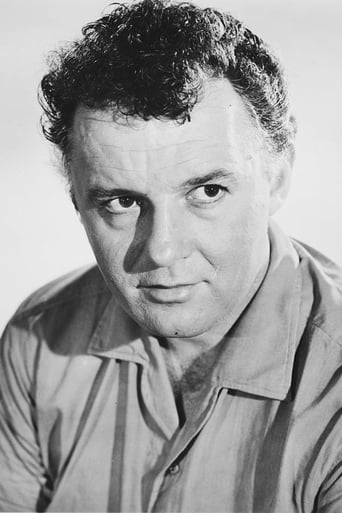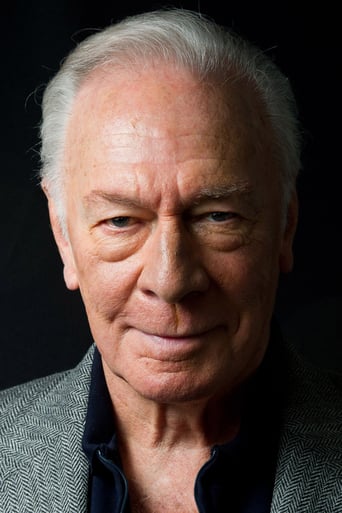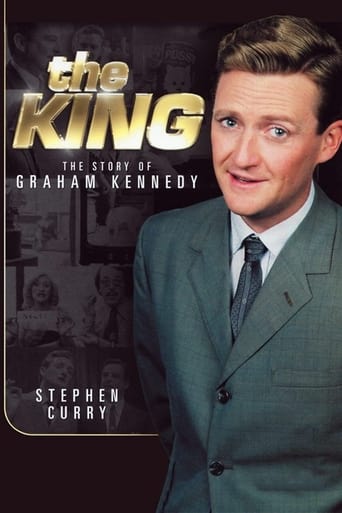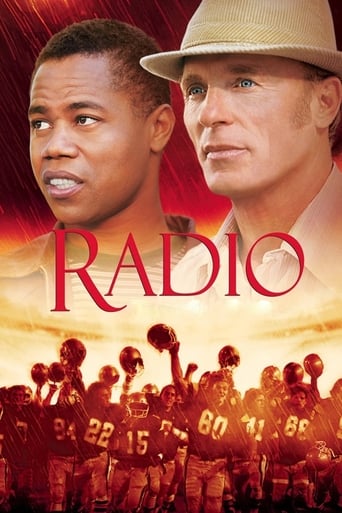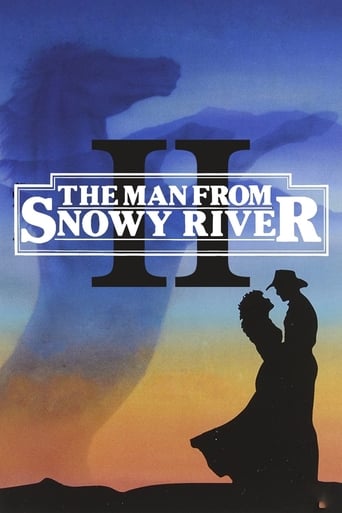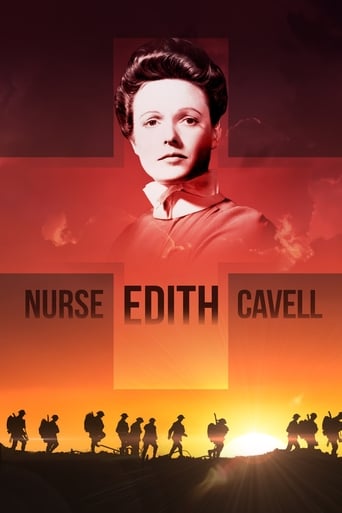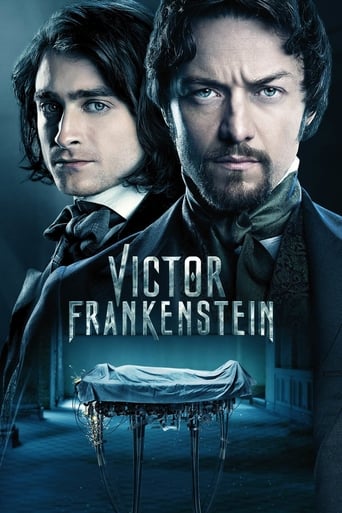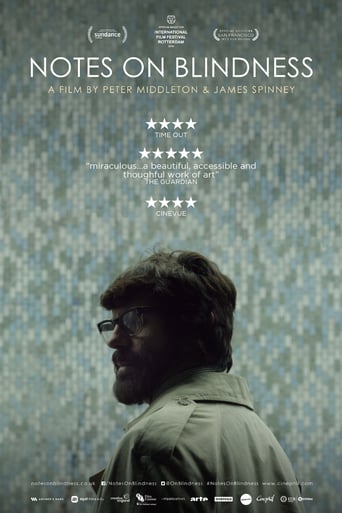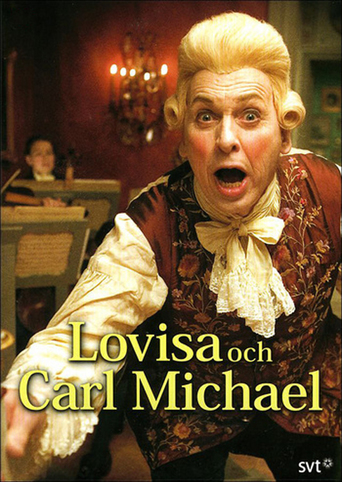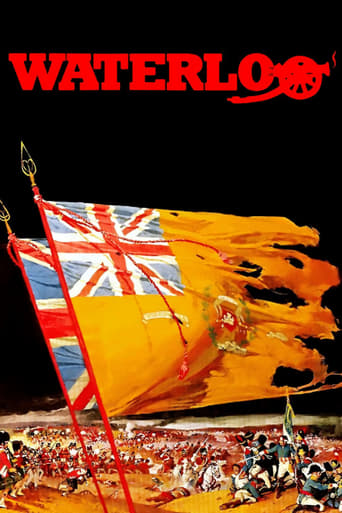
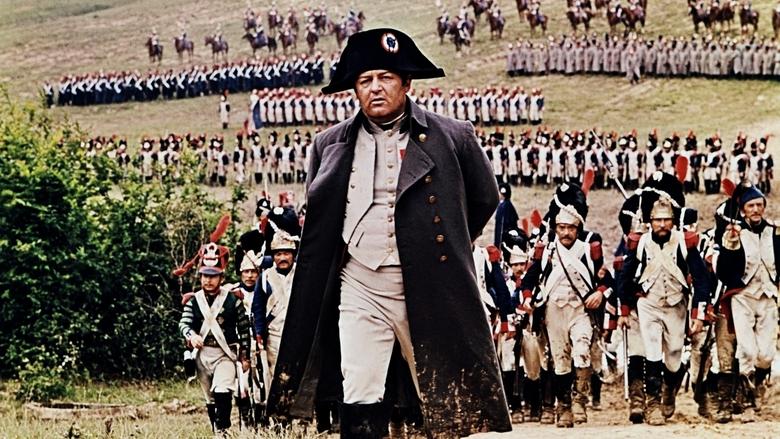
Waterloo (1970)
After defeating France and imprisoning Napoleon on Elba, ending two decades of war, Europe is shocked to find Napoleon has escaped and has caused the French Army to defect from the King back to him. The best of the British generals, the Duke of Wellington, beat Napolean's best generals in Spain and Portugal, but now must beat Napoleon himself with an Anglo Allied army.
Watch Trailer
Cast
Similar titles

Reviews
To me, this movie is perfection.
Excellent but underrated film
This is a must-see and one of the best documentaries - and films - of this year.
It's the kind of movie you'll want to see a second time with someone who hasn't seen it yet, to remember what it was like to watch it for the first time.
I thought this was a good movie, and could have been a great movie.The bulk of the plot of the movie didn't do much for me. I wouldn't necessarily criticize it, I don't think it was bad, it just didn't interest me enough to get my attention.The actual battle of Waterloo though was stunning. This occupied, I don't know how much, a little less than half of the movie, I think 40% or so. But it was incredible. I've spent years playing table-top wargames so I feel like I know how battles work. The battle was really brought to life and all of the details were very clear and vivid. The glory and the horror of battle were brought to life, more than any other battle scene I can think of off hand. There is one moment as an example (I'm going to be a little vague so this doesn't turn into a spoiler) where cavalry charges infantry which is unexpectedly formed into squares. This would be a bad position for cavalry of this era, which you know if you've studied Napoleonic warfare, but the problematic nature of it was immediately clear visually as you watched. I loved this.But to me, the movie is ruined, or kept from greatness anyway, by Steiger. He's a great actor, but he didn't feel like Napoleon to me at all. Napoleon was an intensely charismatic man. Steiger is a -tough- man, an imposing man, but I wouldn't call him charismatic at all. And he feels very American to me.In the Woody Allen movie Love and Death, there is a comic caricature of Napoleon. This version is flamboyant, aware of his own grandeur, believing in his own grandeur (rather like Beethoven). Although the character is comical, I think it is probably much closer to the reality of Napoleon. Closer to my image of him anyway. Ironically Napoleon's body double in that movie, who is intentionally meant to be the opposite of the real Napoleon (crude, lacking style, with a bit of a New Jersey accent), reminded me more of Steiger than Steiger did of Napoleon.Maybe it's my image of Napoleon which is flawed, but I think considering what he did on sheer force of personality, that Napoleon would have felt like a very flamboyant person in person.
I watched this movie for the first time in about 10 years today and one of the things that strikes me the most is how much more real it looks that the more recent war movies.CGI is great for many things, but often detail get overlooked. In this film, because they are actually moving extras around there are clouds of dust everywhere. When the cannon fire, the black powder persists. The film has a real sense all through it of the fog of war.On a personal note, I served in a Highland regiment, and it is a thrill to see a film where all of the kilts are not the same. The 92nd wear Gordon, Camerons wear Cameron of Erracht, and wonder of wonders both served at Waterloo.While the terrain shown in the film is nothing like the field, the strength of the film lies the in characterizations of Wellington and Napoleon. Both actors are at the top of their game, although some specifics are off (Wellington wasn't a aristocrat - more younger son of Anglo-Irish gentry).One of the things that I like about the film is the way the director has cut several times to show Napoleon and Wellington react to the same information. It does a great job of contrasting the differences and similarities of the two leaders.Visually the film was breathtaking when I first say it in 1970, and it remains so.
The film is a bit of a high concept mess. You have to imagine the production team trying to figure out how to restage a "heroic" football game that went down in sports' legacy, because that's kind of what the battle of Waterloo is in military annals. The truth is that team competitions, including old style military field tactics, don't have much of a story to them. The action is the drama, not the individual soldiers themselves. As a young man I saw a re-edited version on TV, and like now, even after seeing a two hour version, I'm still at a loss as to the story.The acting is okay, if a bit overstated here and there. I actually worked with Rod Steiger many years ago, and he always struck me as exceptionally professional and a very caring individual. Having said that, I think he may have been misidrected as what he did here was to give the audience the power hungry "has-been" out to make a bid for a second chance at European dominance. It works after a fashion, but I think the performance gets overused. Napoleon, from all renditions I've seen of him, had his passions (and moments of rage), but he was also a strategist and tactician. Here Steiger shows us a Napoleon who is not so much a master tactician, but a kind of prodigal brat who shows us fury when pieces of his plan fail to fall into place. Steiger shows us a pensive man prone to fits. In this his acting really is unsurpassed, and he would reprise this character in Qadaffi's "Lion of the Desert".As for other performances, they all mostly hit their cues, but are hampered by an edit that is less than sterling. Plummer does an outstanding job of showing us a reserved Wellington, even if his expression does betray a somewhat impish actor trying to refrain from letting us in on how he gets into character. Others, including the actor who plays the Prince of Orange, do well, but sometimes let their inner Brit hold back a more vetted and thorough performance. Ergo there is a reserve in the thesping that works well, but also underscores the fact that we are watching a cast not of the nations contending for power in that period.Nearly every shot in act two is a battle sequence. The amount of artistry that went into staging the battle is superb, but ultimately what we get is a huge battle that is over acted, and not much drama, in spite of the interpersonal moments scattered here and there throughout the second act. It's pretty stunning to see the cavalry charges and Wellington's infantry forming square, but we're not privy to the actual maneuvers of the regiments on the field, nor why they were done. But, maybe the film makers are paying homage to the old notion that no battle plan lasts beyond initial contact with the enemy. Then again, maybe the lost third of the film would explain all those details.All in all the Hong Kong DVD edit that I have is a bit of an edited mess. You attach that to the fact that it is a Dino "b-grade-producer" De Laurentis flick, and you get something that looks like a high budgeted b-grade epic. My biggest critiques are as follows; Orson Wells as the King of France was a severe misstep. The camera work ranges from brilliant to poor. We gets zooms and pans in a number of shots. The exact kind of thing you want to avoid in films like this, and the film, as hampered as it is to begin with, suffers more for it, leaving a mess of a film that should have been one of the great epics shot at the time. My final critique is actually a bit of praise, and that is at least the producers actually got the size of the armies right, and could only do so by employing the only inexpensive Caucasian army around; the Soviet Union. That was a stroke of production genius, and we have the Kremlin to thank for getting the grandeur of the battle correct.Not a film I would readily recommend, but see it once if you're into historical epics. Missing footage equals missing story, which equals a film that could have been more, but ultimately falls flat as a total cinematic experience.
On June 18, 1815, all the promise of the Enlightenment and the French Revolution were snuffed out in a single day. Since then, we in the West have been ruled almost always by cynical oligarchs focused on greed and the privileges of the elite. We have played recklessly with nationalism,experimented cruelly with arid socialism, and cynically dabbled in democracy. We have come close to self destruction, and may yet accomplish that deed. Sadly, that could all have been avoided except for the Duke of Wellington and Napoleon's stomach cramps.Despite two centuries of (non-French) propaganda about his power-corrupted self-centeredness, Napoleon was a true visionary revolutionary with an extremely advanced notion of European political, social and economic relationships. Had his dream of a single Western polity come into being after 1815, the world would have suffered much, much less from fraternal and genocidal conflicts in the past century. The conventional wisdom of the victors -- that Waterloo was the last scene of a heroic struggle of freedom loving peoples to defeat French tyranny -- tries to conceal the fact that all the victors actually did was reimpose the tyranny of the ancien regime.So...thank you, England, and William Pitt, Jr. Thank you Prussia, Stein, Hardenberg and Queen Louise. Thank you Austria, Kaiser Franz (the father in law of Napoleon) and Metternich. And thank you Russia and Alexander. Through your work in destroying Napoleon and the promise of the Enlightenment we have gotten to enjoy:Two World Wars; Vicious natonalism on both left and right; Hitler and StalinThe British officers in this movie are so ridiculous -- all of them are gorgeous and perfectly groomed aristocrats with not a hair out of place, not an ugly, inbred throwback in evidence -- though of course there were plenty of those. Plummer's portrayal of Wellington is a decent recreation of England's greatest commander. The music at the Countess of Richmond's ball, a beautifully shot sequence, is all wrong -- Vienna 1890, not Brussels 1815. But it's a lovely extended scene.The Prussians are exactly what you would expect with a Russian director -- mindless proto-Nazis.The French, of course, are very brave, and very foolish. They die noisily, but magnificently.Rod Steiger is not the actor one would want to play Napoleon, despite superficial resemblances from several angles. Yes, Napoleon got a bit chubby in later years, but not double-chinned. And where is the handsomeness, the charisma, the EYES that flashed and commanded? Not here. Steiger blusters and shouts instead. And the script's depiction of Napoleon's supposedly tortured inner thoughts is dubious at best.The Battle of Waterloo, which takes up the last third of the movie, is utterly stupendous, even better than director Bondarchuk's Battle of Borodino in his Russian epic, War and Peace (1968). Nowadays, this would have been done using CGI, and wouldn't have been half as thrilling.

